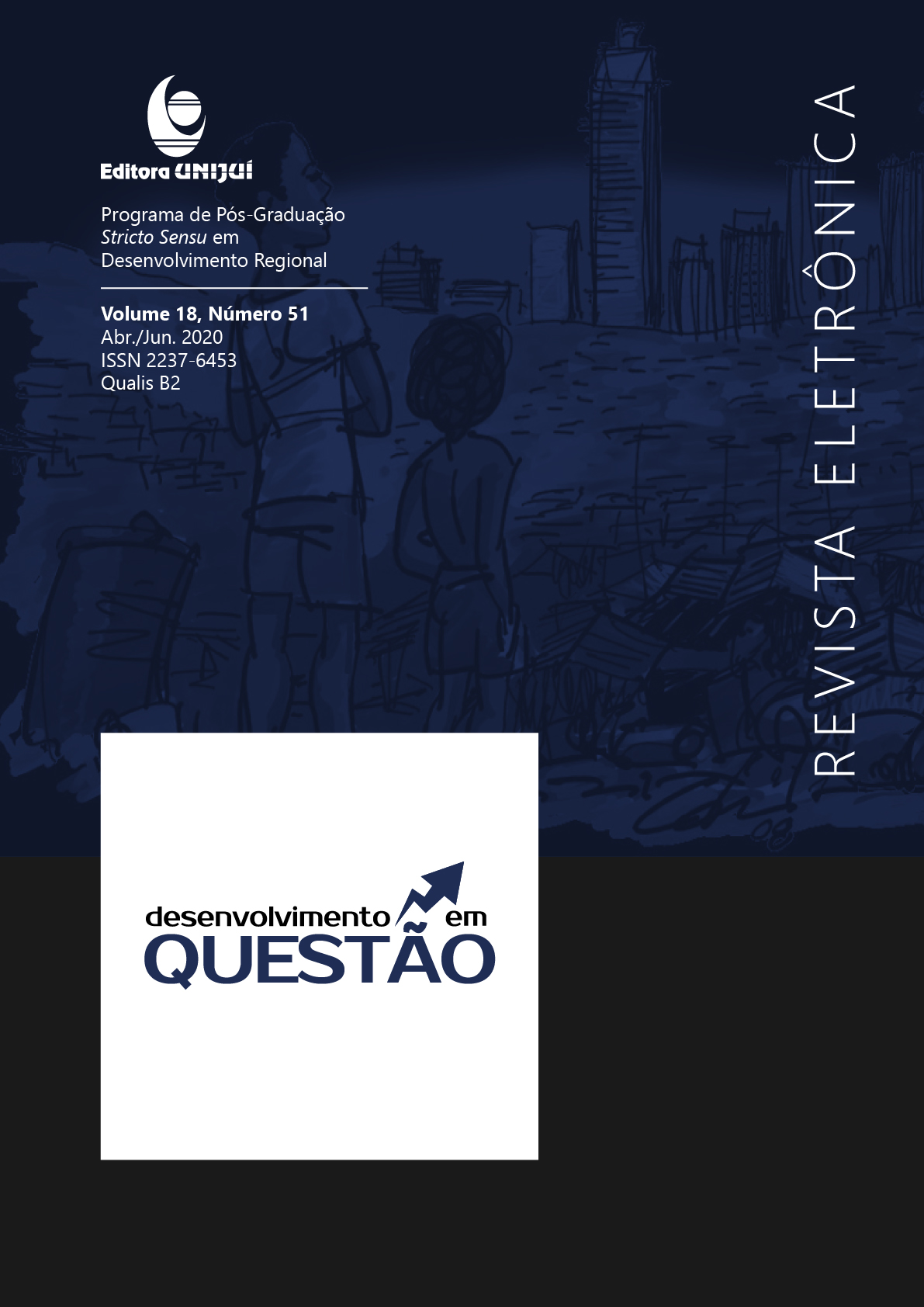DEVELOPMENT AND EDUCATION: SOME CRITICAL NOTES ON DEVELOPMENT IN INTERFACE WITH THE EDUCATIONAL FIELD
DOI:
https://doi.org/10.21527/2237-6453.2020.51.49-62Keywords:
Development. Education. Technical competence.Abstract
The theme of this essay is part of the discussion on the relationships between development and the educational field, which are hegemonically established in the notion of causality. Our objective is to critically analyze the contradiction present in the conception of development that limits the subject to an instrument in the technical competence, being this a conditioning element for the expansion of the indicators of this development. Our central question is whether we would have the possibility of other forms of relations between development and education that could result in the management and planning of the State, in a critical conception beyond the relationship of cause and effect. The method used has as investigative proposition the field of critical theory, in the analysis of the concept of development in interface with the educational field. It is concluded that, when thinking about the development and the process of/training of the subject in relation to the educational field, we should find elements that could break with the concept of technical and neutral competence for a position of equality that implies it as a starting point to analyze the issue of the quality of the development of society.
Downloads
Published
How to Cite
Issue
Section
License
By publishing in Revista Desenvolvimento em Questão, authors agree to the following terms:
All works are published under the Creative Commons Attribution 4.0 International License (CC BY 4.0), which allows:
Sharing — to copy and redistribute the material in any medium or format;
Adaptation — to remix, transform, and build upon the material for any purpose, even commercially.
These permissions are irrevocable, provided that the following terms are respected:
Attribution — authors must be properly credited, a link to the license must be provided, and any changes made must be indicated.
No additional restrictions — no legal or technological measures may be applied that legally restrict others from doing anything the license permits.
Notices:
The license does not apply to elements that are in the public domain or covered by legal exceptions.
The license does not grant all necessary rights for specific uses (e.g., image rights, privacy, or moral rights).
The journal is not responsible for the opinions expressed in the articles, which are the sole responsibility of the authors. The Editor, with the support of the Editorial Board, reserves the right to suggest or request modifications when necessary.
Only original scientific articles presenting research results of interest that have not been previously published or simultaneously submitted to another journal with the same purpose will be accepted.
Mentions of trademarks or specific products are intended solely for identification purposes and do not imply any promotional relationship by the authors or the journal.
License Agreement (for articles published from 2025 onward): Authors retain the copyright to their article and grant Revista Desenvolvimento em Questão the right of first publication.











